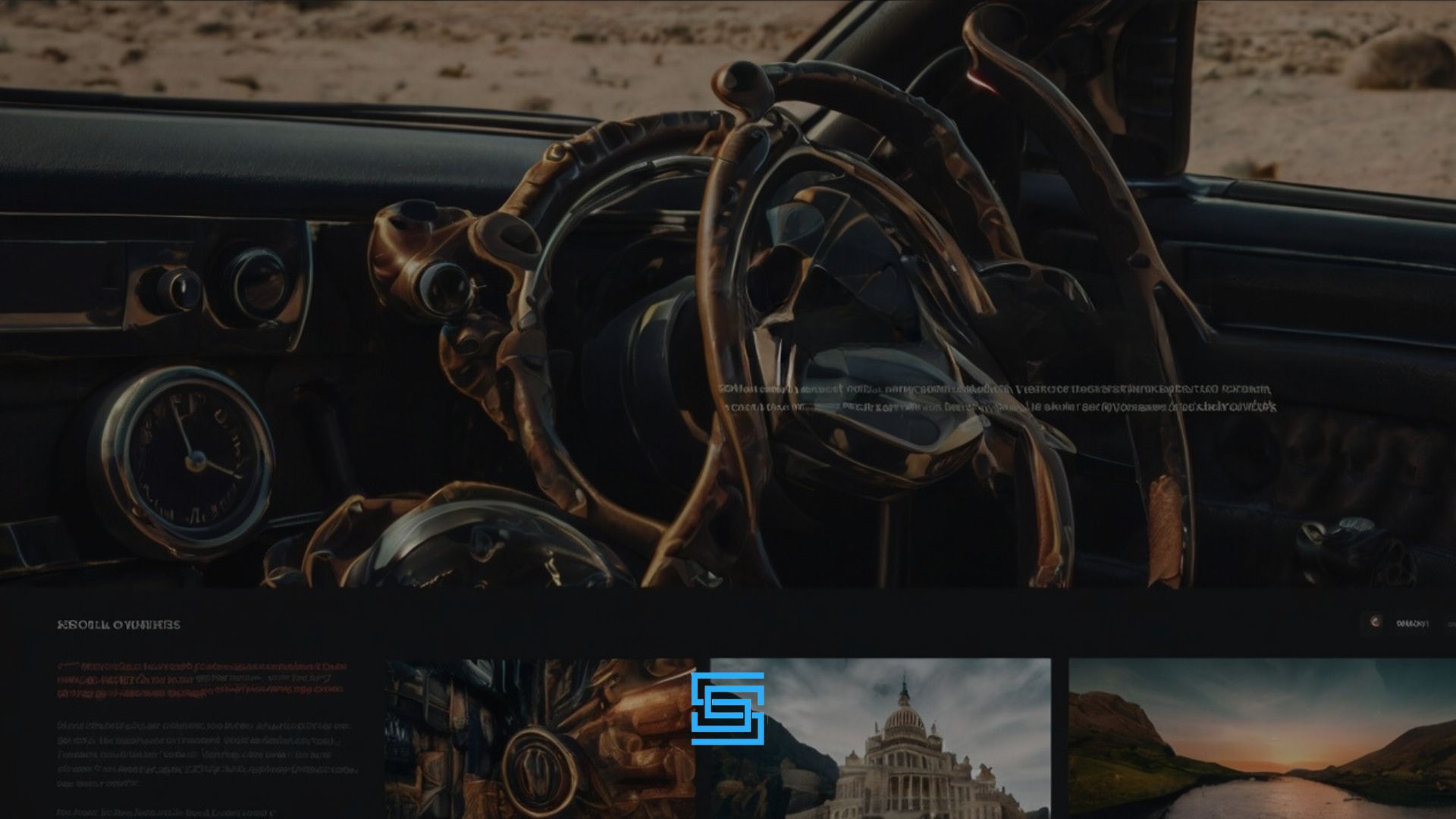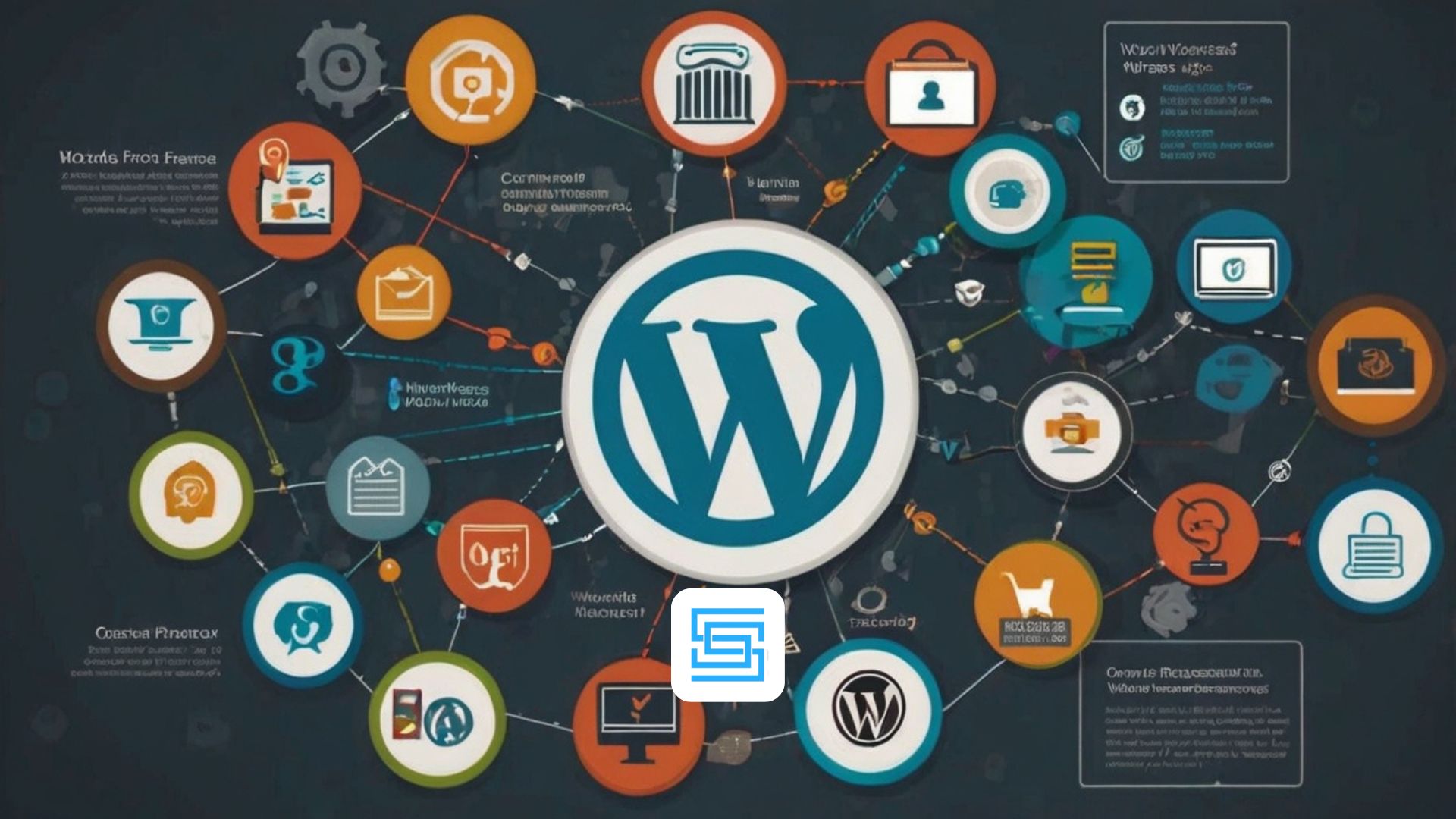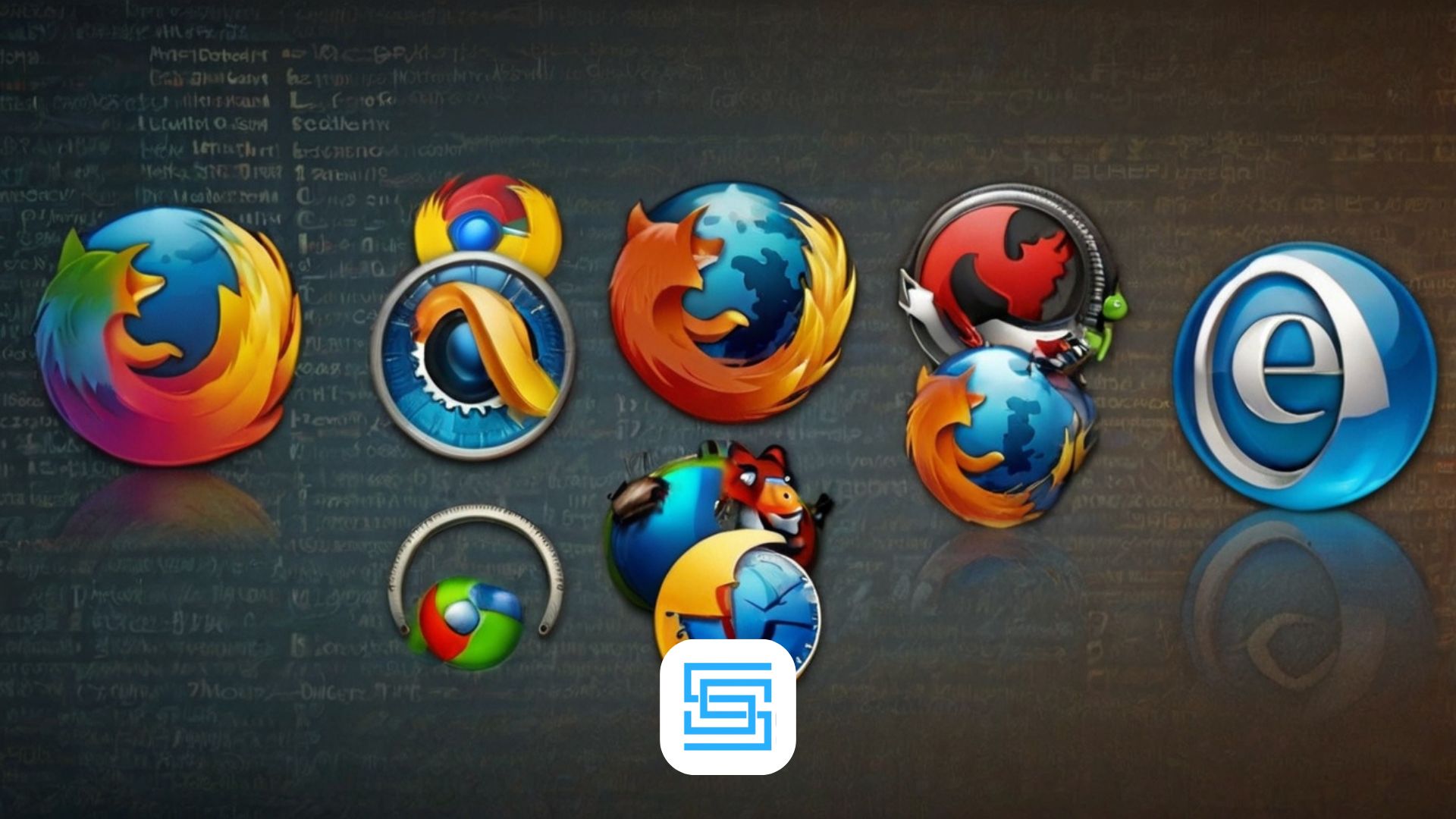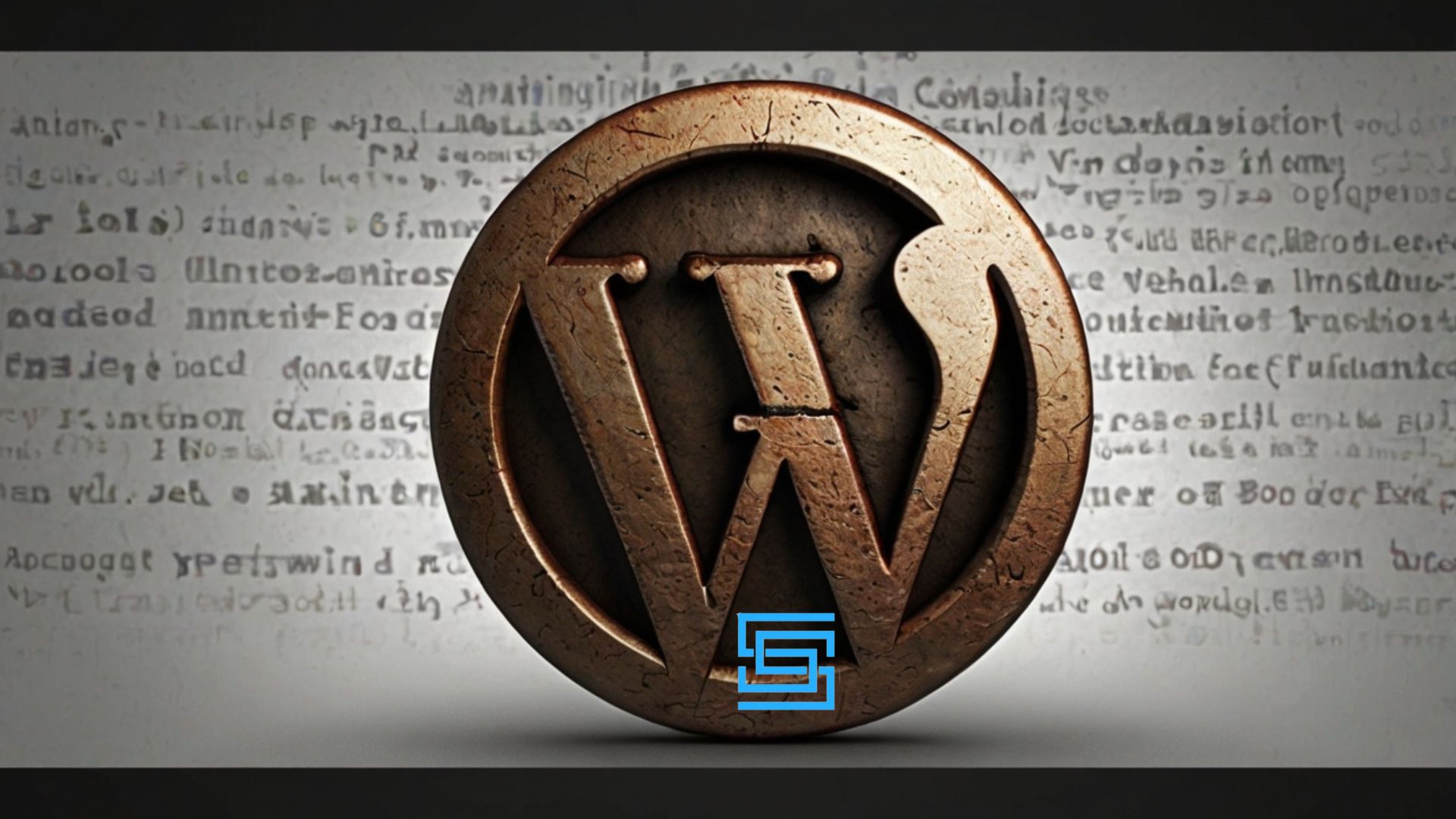Adding scroll over interactive elements to your WordPress site can greatly enhance its aesthetics and interactivity, making your content more engaging for visitors. This guide will help you explore the benefits of using dynamic animations and offer step-by-step instructions to implement them effectively. With the right tools and techniques, you can create various features that align with your site’s design, ensuring a smooth and visually appealing experience.
By understanding best practices and learning how to troubleshoot common issues, you can elevate your website’s functionality to new heights. This blog will help you discuss and address any challenges, while providing valuable knowledge about scroll effects and animations. Whether you’re at the beginning of your journey or nearing the end, mastering these design elements will make your site stand out.
How to create scroll over interactive elements in WordPress?
You can create scroll over interactive elements in WordPress using tools like Elementor or Scroll Magic. These plugins simplify adding dynamic features like hover effects, parallax scrolling, and animations, enhancing your site’s aesthetics and interactivity.
What Are Scroll Over Interactive Elements?
Scroll over interactive elements are dynamic features on your website that respond to user actions, particularly scrolling. They create engaging experiences that make browsing more enjoyable and intuitive.
- Role in Web Design: These elements help guide users through content, making navigation seamless. They provide visual feedback, keeping users engaged and encouraging them to explore more. According to recent studies, sites with interactive features can increase user engagement by up to 70% and boost time spent on the site. This means happier visitors and potentially higher conversion rates!
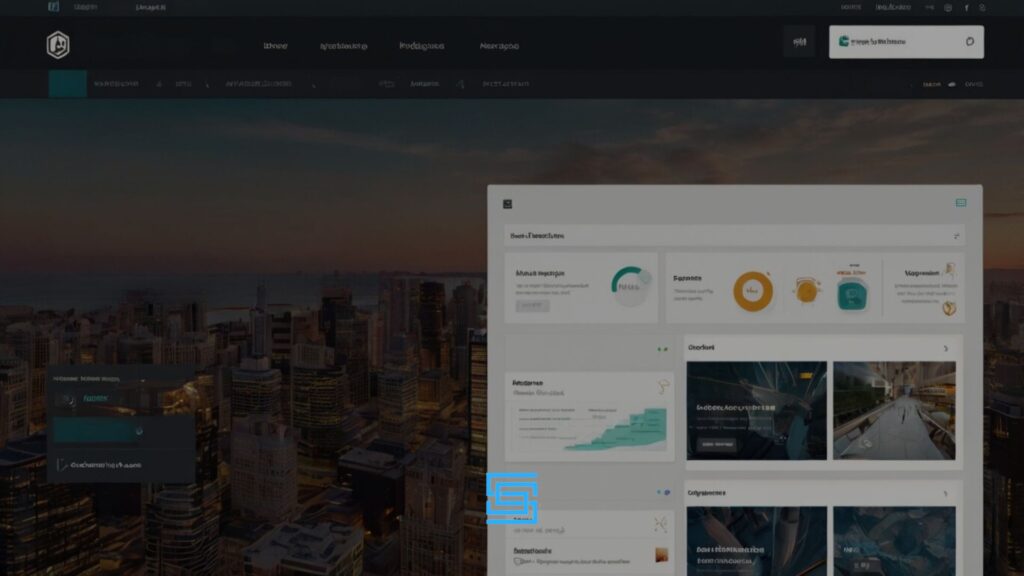
Why Use Scroll Over Effects in WordPress?
Implementing scroll over effects brings multiple advantages to your site:
- Improved Aesthetics: Dynamic elements can elevate the overall design, making your website visually appealing.
- Better Navigation: They can simplify the way users interact with your site, reducing confusion and helping visitors find what they need faster.
- Increased Time Spent on Site: Engaging features keep users interested, encouraging them to explore more pages and content. Research indicates that users spend 80% more time on sites with interactive elements.
Types of Scroll Over Interactive Elements
There are various scroll over interactive elements you can implement:
- Hover Effects: These include image zooms, color changes, and content reveals when users hover over certain areas. They’re great for adding flair to images and buttons.
- Scroll-Triggered Animations: These animations activate as users scroll down the page, creating an engaging storytelling experience. Websites that incorporate these elements often see an increase in user interaction.
- Parallax Scrolling: This effect makes the background move at a different speed than the foreground, creating a sense of depth. This is particularly effective for landing pages and showcases.
- Examples and Use Cases:
- Hover Effects: Used for images and buttons to make them more appealing.
- Scroll-Triggered Animations: Ideal for telling a story or guiding users through a service offering.
Tools and Plugins for Creating Scroll Over Elements
Utilizing the right tools can simplify the process of adding scroll over elements:
- WordPress Page Builders: Tools like Elementor and WPBakery allow you to create these effects without coding.
- Scroll Magic: This plugin is perfect for creating scroll-triggered animations with ease. It allows you to control animations based on the scroll position, giving you extensive customization options.
Getting Started: Basic Setup for Scroll Over Effects
Before diving into creating interactive elements, ensure your WordPress environment is ready:
- Selecting a Compatible Theme: Choose a theme that supports animations and interactive features.
- Installing Necessary Plugins: Make sure you have essential plugins like Elementor or Scroll Magic to streamline the creation process.
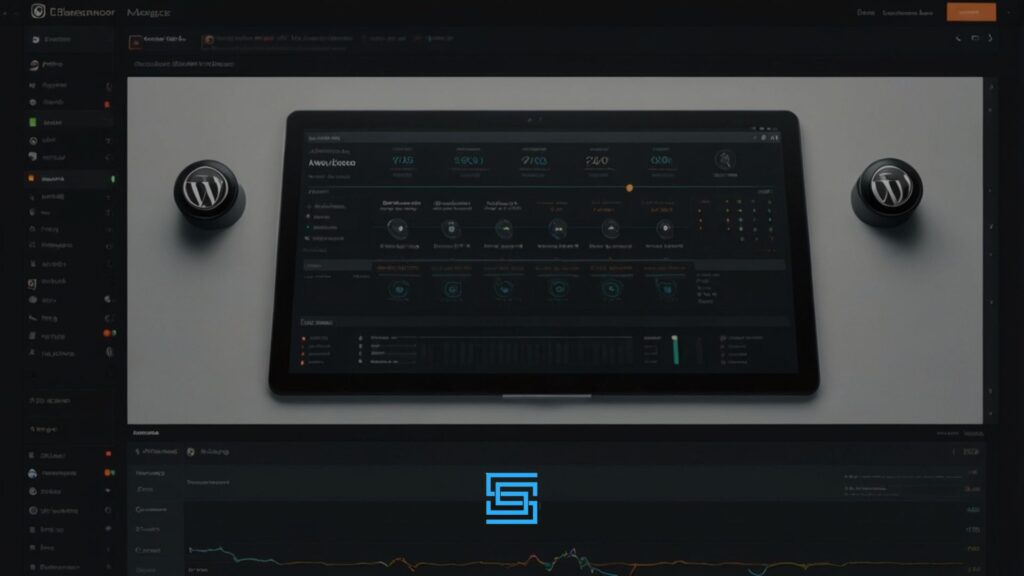
Creating Simple Scroll Over Effects with CSS
CSS is a powerful tool for adding basic scroll over effects. Here’s how to implement some simple hover effects:
Changing Colors: Use CSS to change button colors on hover. Example code snippet:
Scaling Images: Create an effect where images zoom in slightly on hover:
Using JavaScript for Advanced Scroll Animations
For more complex interactions, JavaScript offers advanced capabilities beyond CSS:
- GSAP Library: This JavaScript library enables smooth, high-performance animations. For example, you can animate elements as they enter the viewport.
Example:
javascript
Best Practices for Designing Interactive Elements
When creating interactive elements, keep these best practices in mind:
- Balancing Aesthetics and Usability: While interactive design is visually appealing, it should not compromise functionality. Ensure that users can navigate easily.
- Responsive Design: Test your interactive elements on various devices. They should work seamlessly on desktops, tablets, and smartphones.
Troubleshooting Common Issues with Scroll Over Effects
Here are common issues you might encounter and how to fix them:
- Performance Issues: Large animations can slow down your site. Optimize images and limit the number of animations to enhance performance.
- Browser Compatibility: Test your effects across different browsers to ensure they work universally.
Optimizing Scroll Over Elements for SEO
Interactive elements can impact your site’s SEO. Here are some tips to optimize:
- Page Load Times: Ensure that animations do not hinder loading speed. Use compressed images and minimize JavaScript files.
- Use Alt Tags for Images: This not only helps with SEO but also improves accessibility for users relying on screen readers.
Analyzing User Interaction with Scroll Over Elements
Tracking engagement metrics is vital for understanding user behavior:
- Tools for Tracking: Use Google Analytics to monitor how users interact with your scroll over effects. Set up event tracking to see how many users are engaging with interactive elements.
- Improving Designs Based on Data: Analyze the data to see which features are popular and which need improvement. A/B testing different scroll effects can help refine your designs.
Case Studies: Successful Implementations of Scroll Over Effects
- Example Websites: Many modern sites effectively utilize scroll over elements. Look at companies like Apple and Nike, which use these techniques to enhance storytelling.
- What Makes Them Successful: Clear navigation, engaging visuals, and intuitive user flows are hallmarks of these sites. Their successful implementations can inspire your designs.
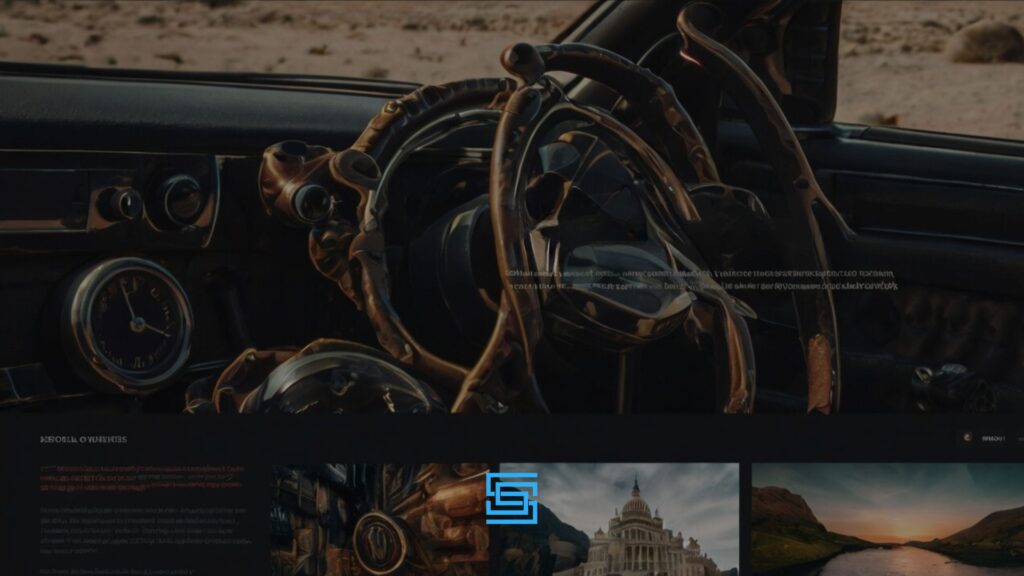
Future Trends in Scroll Over Interactive Elements
Keep an eye on these upcoming trends:
- Augmented Reality (AR): Expect to see more websites incorporating AR to create immersive experiences. This could revolutionize how users interact with products online.
- Enhanced Personalization: Future scroll effects will likely be tailored to individual user preferences, making the browsing experience even more engaging.
Integrating Scroll Over Elements with Other WordPress Features
- Combining with ecommerce: Use scroll effects on product pages to draw attention to key features or promotions. This can increase conversions and user satisfaction.
- Blog Integration: Enhance storytelling in blog posts with scroll-triggered animations that reveal content gradually.
Conclusion
Creating scroll over interactive elements in WordPress not only makes your website visually appealing but also enhances user engagement and experience. By following the steps outlined in this blog, you can implement these features effectively, ensuring your site stands out. Remember, the key to a successful website lies in a combination of aesthetics, functionality, and user-centered design.
FAQ
1: What are scroll over interactive elements?
- Scroll over interactive elements are dynamic features on a website that respond to user scrolling actions, enhancing visual engagement and providing an interactive experience.
2: How do scroll effects improve user experience?
- Scroll effects can make navigation more intuitive, guide users through content, and create a visually engaging experience, ultimately increasing the time spent on a site.
3: Which plugins are best for adding scroll over effects in WordPress?
- Popular plugins include Elementor, WPBakery, and Scroll Magic, which provide user-friendly tools to create interactive elements without extensive coding knowledge.
4:Can I create scroll over effects without coding?
- Yes, many WordPress plugins allow you to create scroll over effects through a visual interface, minimizing the need for coding skills.
5:How can I optimize scroll effects for SEO?
- Ensure that your scroll over elements do not negatively impact load times, use alt tags for images, and ensure mobile compatibility to enhance SEO performance.

